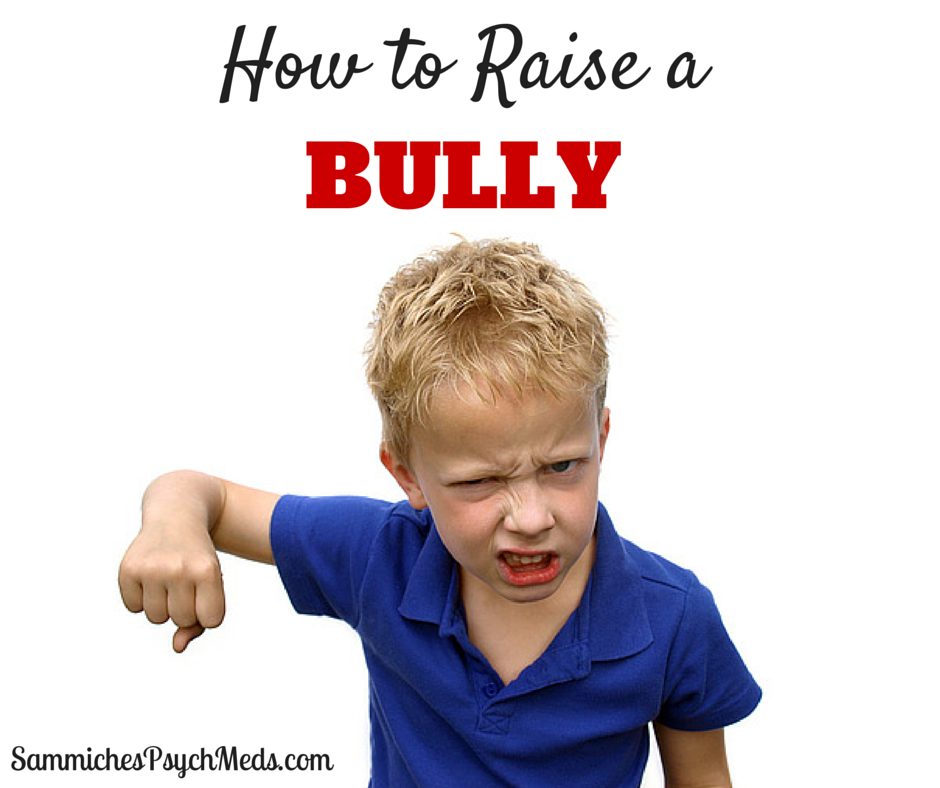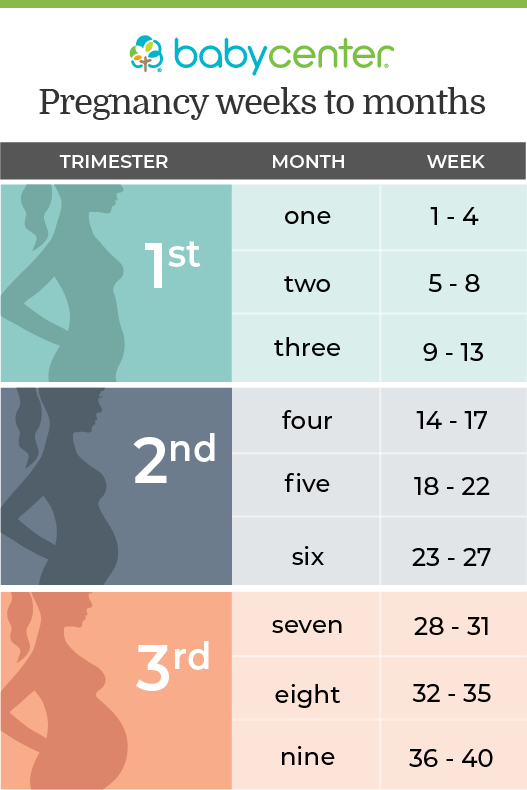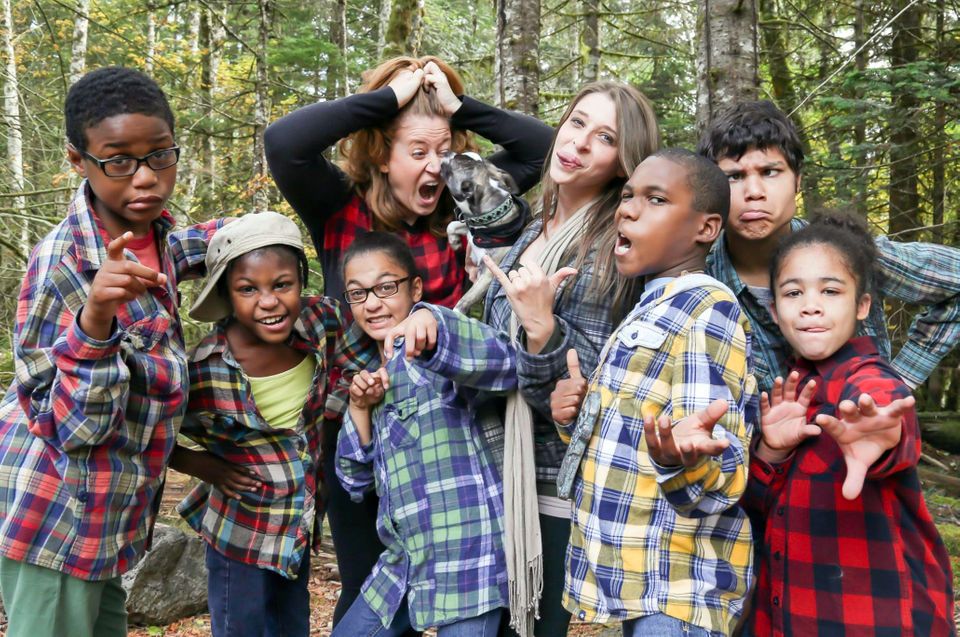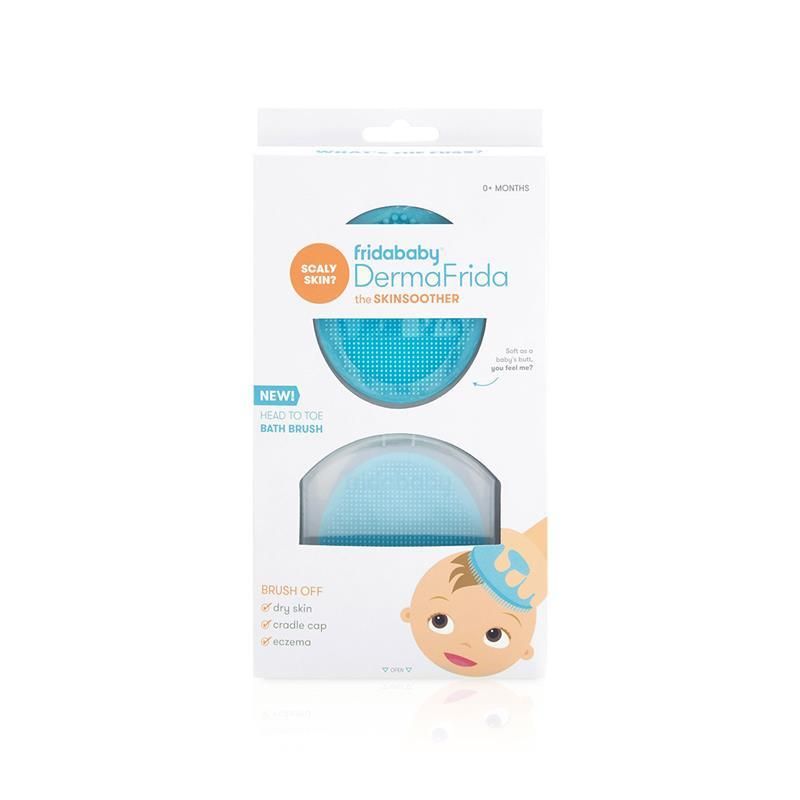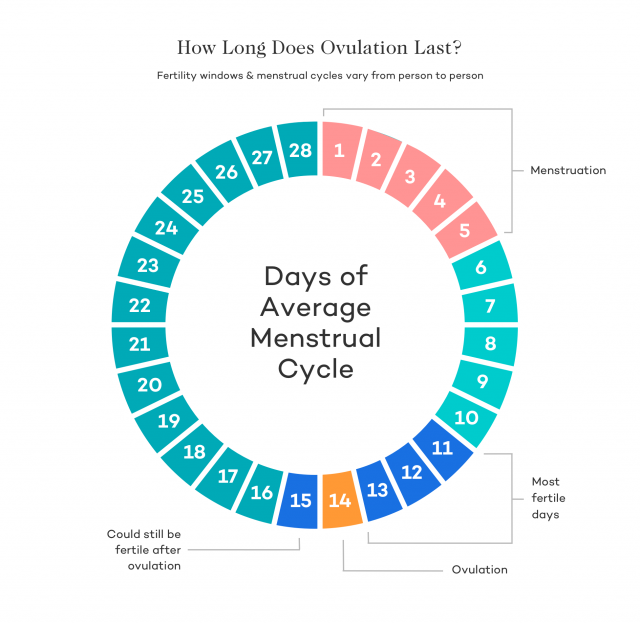How to stop your child from throwing things
What to Do When a Toddler is Throwing Things & How to Stop It
Skip to contentPrevious Next
How to Stop Your Toddler from Throwing Things
The next thing toddlers do after learning how to open their fingers and use their hands to pick things up, is to throw anything they can get their hands on. Toddlers throwing things is pretty common; it is actually a crucial part of their fine-motor skills development. For parents however, it can be one of the more frustrating stages to deal with. So how do you exactly stop your toddler from throwing things?
Why toddlers throw thingsBefore you can teach your child how NOT to throw things up, you need to understand why they do this behavior in the first place.
Most children between 18 months and 3 years old find it enjoyable to throw things. For one, they discover what happens to stuff when they are thrown around, and learn that different objects behave differently. Sure they don’t yet understand the concept of gravity, but they sure know whatever they throw falls down to the ground, and they enjoy it. They also know that balls bounce and orange slices splat. They love this little experiment of cause and effect.
Unless your toddler is throwing knives at you or trying to break the window with a rock, it is best not to scold, punish, or send your child to a time-out. At this age, it is not only futile to try to stop your child from throwing things; it can even be detrimental for their understanding of their environment.
Here are a few things you can do about it.
Understand what the behavior actually is
Your child is trying to communicate with you. Since they cannot speak words yet, they use actions such as throwing. Your child is simply trying to figure out how stuff works around him. If you realize what they are trying to say with the action, it will be easier to stop it.
For example, most toddlers start throwing stuff to get your attention. If you have been ignoring your toddler for a while, then that could be the reason.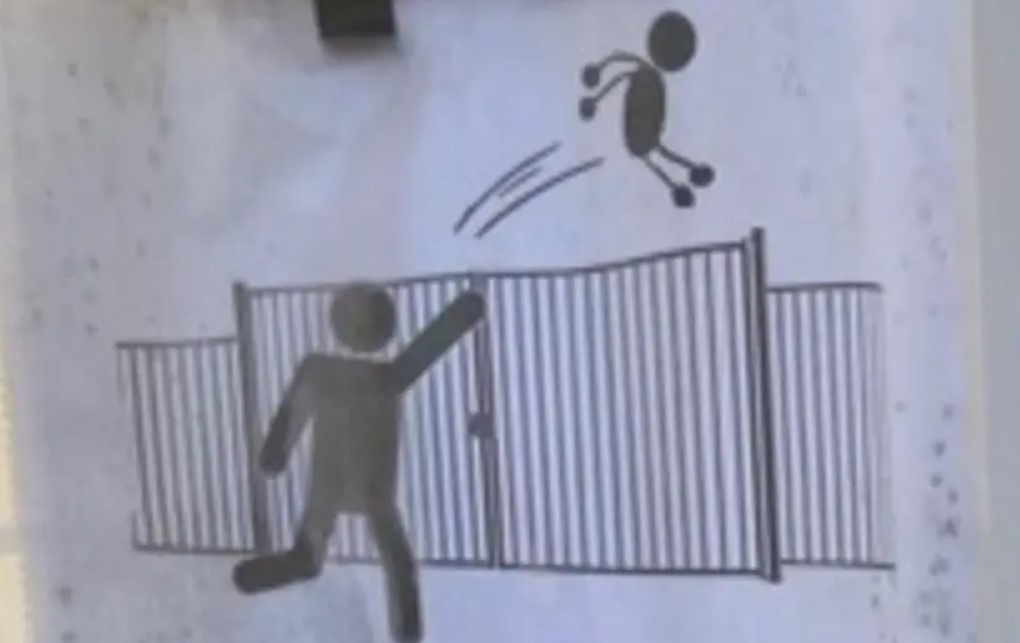
Don’t take it personally
While toddler throwing things can be frustrating sometimes, especially if the action causes someone to get hurt, such as their siblings, it is important that you do not react emotionally. Overreacting will only escalate things as your toddler will start to realize he can have power over you – through your emotions.
Be calm and confident. Take a couple of deep breaths before you respond.
Show what he can or cannot throw
Give your toddler the freedom to throw, but with limitations. You will be able to teach your child not to throw stuff a lot quicker if your child knows what he is allowed, or even encouraged to throw. Foam balls for example, can negate a lot of hazards. You can also play bean bag throw or skip stones on a pond with your child. You can toss throw pillows on the sofa and play with it with your child.
The idea is simple – you want your child to identify which things he is allowed to throw, at the right place and at the right time. As soon as he throws something inappropriate, such as the TV’s remote, calmly take that object away and tell your child it’s not for throwing. Then, you can give the foam ball instead.
As soon as he throws something inappropriate, such as the TV’s remote, calmly take that object away and tell your child it’s not for throwing. Then, you can give the foam ball instead.
If he starts to throw building blocks, tell him blocks are not for throwing but for building. Then, show your child how to use the building blocks to build stuff. Say “I cannot let you throw this at your sister. Let’s use this to build a castle instead!”
Discourage destructive throwing
So what can you do when your toddler does throw something he shouldn’t? If your child knows throwing something he shouldn’t throw gets your attention, try to ignore it as much as possible. Because if it gets your attention every time, he will do it over and over again.
Toddlers learn through repetition. If your toddler comes close to throwing stuff at another child, it is important that you react the same way. Say no to your child, take the item away from their hands, and remove your child from the situation to give him a fresh start.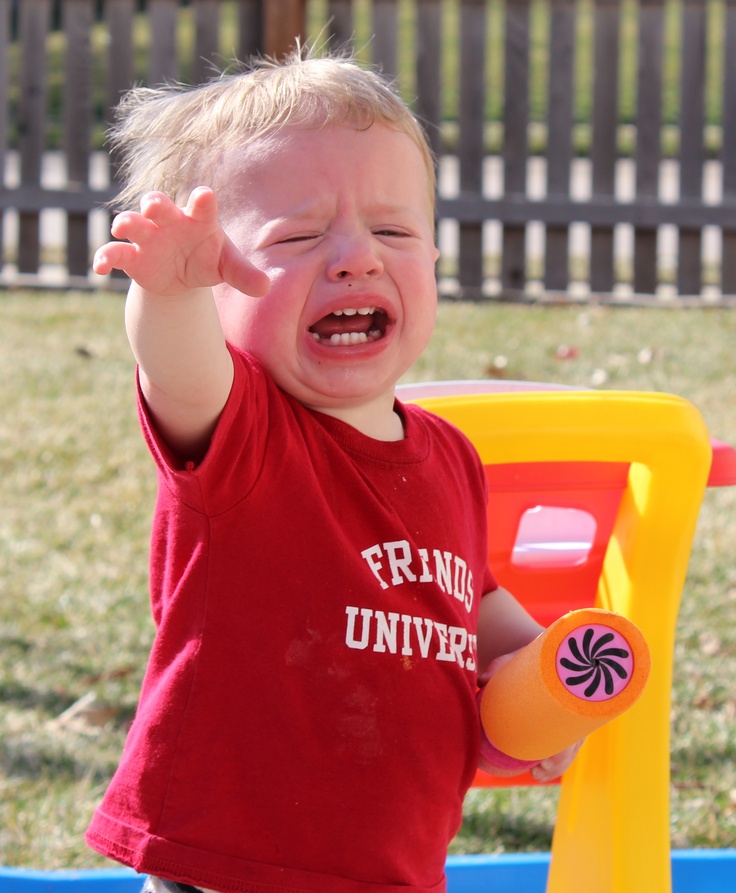
Keep the time-out short though, about a minute. This will remind your child why you made him stop what he was doing.
Allow them to respond emotionally
Your child will cry and get angry about the consequences (i.e. quick time-out). Let them. As long as they are safe and not hurting themselves, allow them to respond to their consequences emotionally. Validate their emotions, but follow through with the consequences. If you remove your child from the play area, you can sit quietly or give him supportive words as he cries. Whatever you do, stay close by to your toddler. Tell your child you can allow them back in the playroom when they are calm.
Acknowledge their emotions
After, or sometimes during a child’s emotional response (i.e. tantrum), make sure to let them know you understand their emotions and frustrations. Respect their emotions and help them realize those big emotional responses are completely okay. This will teach your child to navigate through their emotions better.
Teach them to communicate better
If you notice that your toddlers throw things at other children when they are angry, then encourage and teach your child to better express his feelings instead. Ask your child to tell you when he is angry and why.
Let your child know you are unhappy with his actions using the tone of your voice, but never respond in anger.
Be extra patient
Your limits will be tested. No matter how well you manage your toddler’s environment, he will want to push the boundaries and exercise his power by doing things you said he is not allowed to do. If your child doesn’t want anything to do with the alternatives you offer, you can hide things they want to throw away out of their sight.
For example, you can say something like “I can see you are done with the building blocks, I’m going to put them back inside the box until you are ready to play with them again.” You can throw your foam balls instead.
client_editor2021-10-20T19:18:27+00:00How to Stop Your Toddler from Throwing Things
Why does my toddler keep throwing things? If you are a parent of a little one, this question has likely come up during toddler tantrums or just playtime in general.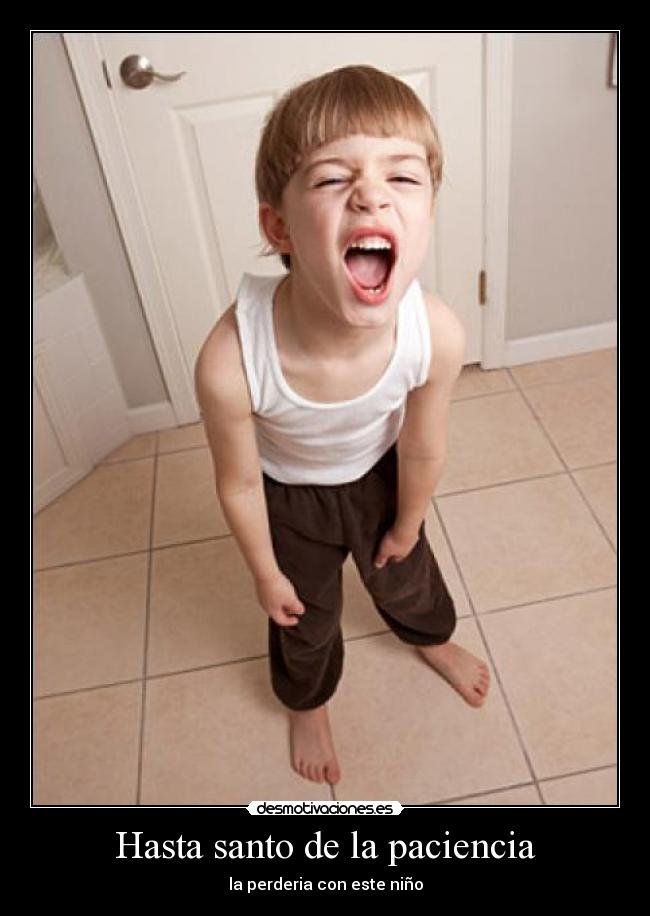 Here are a few things to keep in mind about your child’s new fascination with tossing everything in sight.
Here are a few things to keep in mind about your child’s new fascination with tossing everything in sight.
Throwing Is Totally Normal Toddler Behavior
Monti Kids parents frequently reach out to us and say “My toddler throws their toys instead of playing with them.” Your little one loves to experiment with cause and effect, and throwing is a great way to do so.
Offer Alternatives to Throwing
The mantra “freedom within limits” is an important part of the Montessori method, and a great way to deal with behavior like throwing. Offer options that allow your child to continue exploring this skill in a safe and respectful way. For example, say something like “I see that you’re excited to throw your wooden balls. That’s dangerous to throw indoors, but would you like to go outside with me and throw something else?” If going outside is not an option, you can say something like “Throwing things can be so much fun, but throwing your wooden balls is dangerous. If you’d like to keep going, you can throw your stuffed animal against this wall because it is soft and won’t hurt anyone. ”
”
Provide Toddlers Freedom Within Limits
Try to address your child’s curiosity and their need to learn from experience, while also setting a limit for when and where it is appropriate and safe. Your little one is exploring, and if you can figure out how to satisfy this curiosity elsewhere, your child will be able to relax, better focus on tasks, and use their other toys and materials in their intended ways. Allowing freedom within limits will lay an important foundation as limits become even more important (i.e. “You can cross the road as long as you’re holding my hand,” or “You can let yourself out of your car seat, as long as you stand by the door until I come get you”).
Toddlers Like to Hear What They
Can Do:In general, your toddler likes to hear what they can do. Throwing is a specific incident, but this concept can be translated to lots of scenarios in life that you might find your toddler in: climbing, running, shouting, and so on.
Your child lives in a world created and run by adults.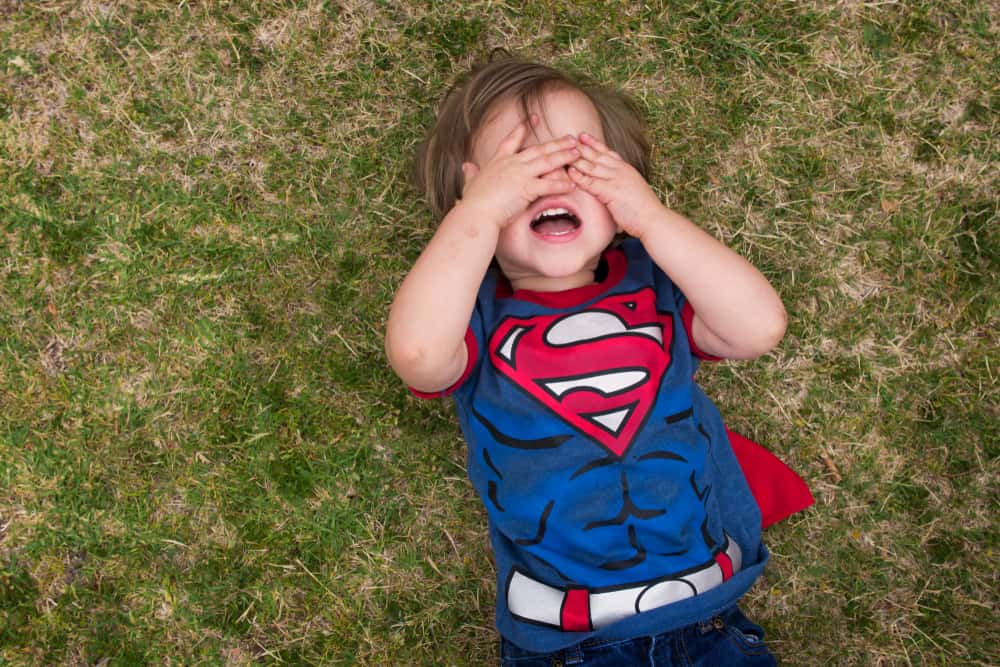 During this period when they want to become more independent and separate psychologically from their parents, it’s really challenging to constantly hear “no” or what “not to do.” Save those phrases for moments when you really need them. Challenge yourself to flip what you are suggesting to what your child can do instead. Sometimes giving them a job or responsibility can focus their attention positively. “Will you go fix that pillow? I see that it fell off the couch.” or “Can you please open the cabinet so I can put the cereal back on the shelf?” This shows your toddler that you trust them and boosts their confidence.
During this period when they want to become more independent and separate psychologically from their parents, it’s really challenging to constantly hear “no” or what “not to do.” Save those phrases for moments when you really need them. Challenge yourself to flip what you are suggesting to what your child can do instead. Sometimes giving them a job or responsibility can focus their attention positively. “Will you go fix that pillow? I see that it fell off the couch.” or “Can you please open the cabinet so I can put the cereal back on the shelf?” This shows your toddler that you trust them and boosts their confidence.
Limits Will Be Tested
No matter how perfectly you have managed your child’s environment, toddlers will want to exercise their power and keep doing things that you have told him not to do. If they aren’t interested in the alternatives you offer, you can say something like: “You’re showing me you’re done with the Tracker balls. I’m going to put them in this drawer (or up on this shelf, out of sight, etc. ) until you’re ready for them again. You can throw your plush ball instead.”
) until you’re ready for them again. You can throw your plush ball instead.”
When your child expresses frustration through screaming, crying, throwing or hitting, provide acknowledgement. “You are mad because we are leaving the park. I hear your anger. It’s hard to stop playing because this is a fun place.” If the testing behavior is throwing, try to avoid a power struggle in which your child is excited to throw again to see what you’ll do. Recognize the cause and effect your child is creating and then pivot to something positive.”Wow! You made a loud noise when you threw that spoon. I’m worried it’s going to hurt our floor, but I know something we can throw safely!”
Giving your little one a choice conveys your respect for their individuality and will reduce the need for undesirable power-seeking behaviors. Read more about this in our Beginner’s Guide to Positive Parenting.
Join the Monti Kids Journey to learn more about child development and get expert support!
8 tips on how to wean a child from throwing things, objects and food
What to do if a child has grown up to a crisis of 2 years, often loses his temper, "crazes", starts throwing things, objects and food.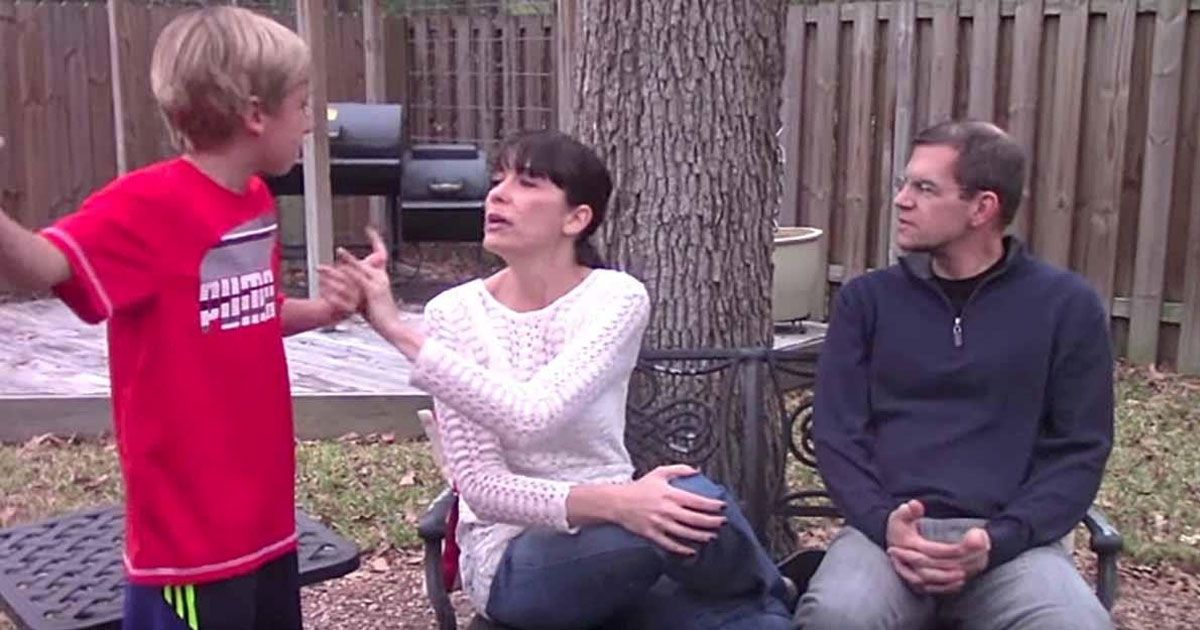 How to wean him from this habit? Read on UAUA.info.
How to wean him from this habit? Read on UAUA.info.
Throwing things, objects, and food is a new and enjoyable skill for many children between the ages of 1.5 and 3. Unclenching the fingers and releasing the object requires fine motor skills of the fingers, and eye-hand coordination is also required to not just drop the object, but toss it. No wonder your little one wants to practice this exciting skill! But your desire to wean your child from throwing things is also understandable.
Read also: Unbearable two-year-olds: what to do if a child at 2 years old does not obey and behaves badly
But you must remember that everything that happens after the throw is also very instructive. The child learns that everything he throws falls down, not up. He cannot pronounce the word "gravity", but he can certainly observe it in action. If a child throws a ball, it bounces. If he tosses a plum, it breaks.
Of course, spaghetti flying around the kitchen or a pacifier that lands on the sidewalk drive you crazy. But for a child, this is all sheer pleasure.
But for a child, this is all sheer pleasure.
child throws toys and objects what to do
the child freaks out and throws things
child throws objects
child throws things
child throws stones
wean a child from throwing things
child throws objects
child throws food
If a child does not throw a rock at a neighbor's window or aim directly at someone, threatening to break his forehead, he should not be scolded or punished. It is useless to try to get a child not to throw things at that age. Instead of worrying about the action itself, limit your "throw" and "target" items.
Show your child what things or objects can be thrown
The child will quickly understand that throwing things, objects and food is impossible if many options are offered, what can and even needs to be thrown. The first is the balls, of course. But other funny things too. For example, throwing pebbles into the river, a two-year-old will really like it, especially.
For example, throwing pebbles into the river, a two-year-old will really like it, especially.
The idea is to make it clear that you can throw things, but only certain things at certain times in certain places. If a child throws something inappropriate, say, a shoe, calmly pick up the object and say that you can’t throw shoes, but you can throw a ball.
Stop Aggressive Object Throwing
What to do when a child throws what is impossible? At first, try to ignore it. If a child understands that your attention can be obtained simply by throwing something at someone, he will definitely do it again and again.
If a toddler often throws something at other children, it is important that you stick to the same tactics, as children learn through repetition. If the child starts throwing things, say sternly: “it’s impossible, it hurts so much” and take the child aside for a timeout to make it clear what “No” means and that you need to cool down.
Most importantly, the timeout should last up to a minute (there is an unspoken rule, how many years - so many minutes) so that the child does not forget why he was stopped and torn away from what he was doing.
If you notice that a child begins to throw objects at other children out of anger, when he is "crazy", explain that you need to express all your experiences in words.
It's okay if the child is judging by your tone or if you're upset by their behavior, but don't let the anger take over. Try not to yell at the child, and never hit him - even on the arm - to wean him from throwing things.
If the baby continues to rush and hurt, and you have already tried to wean him in any way, you have no choice but to watch what falls into his hands.
Read also: Mom, I don't love you: what to do if a child blackmails with love
Attach toys to the rail in the stroller so that the child cannot throw them
If the child is in a stroller or in a child seat in a car, attach a few toys so that he can easily reach them (carefully tie toys on strings or elastic bands, without leaving long ends, for safety reasons).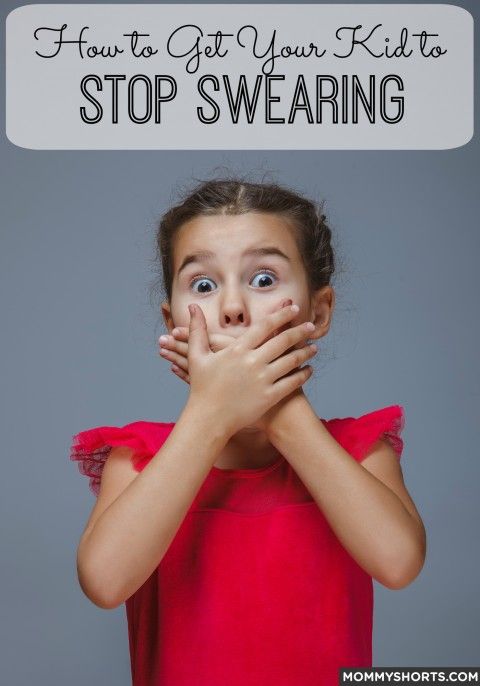
The child will quickly discover that in addition to throwing toys, they can still be pulled back to him. Double the fun for your little one - make the job easier for you.
Clean the room with your child
Do not ask the baby to collect everything that he has scattered. For this age, this task is too difficult. Get on your knees and do all the work together quickly and together, saying "Let's see how fast we collect all the cubes" or "help me find yellow M&Ms."
Set a good example for your child
Do not neglect such things as simply throwing a pillow on the sofa as an example for the baby. On such objects, you can just teach the child what can be thrown and what not. The next time he throws something “off the list” again, walk around the house and together throw socks in the basket, tissues in the trash can, and toys in the toy box.
Sit nearby while the child eats
This period is quite "dirty" in terms of food intake.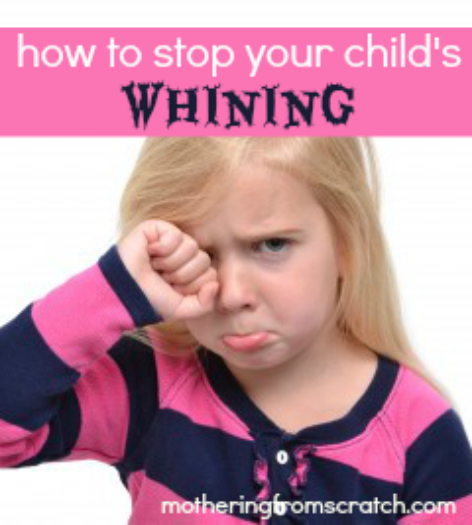 But to teach a child not to throw food, you can only sit next to him, and gently, but strictly let's understand that you should not do this every time the child swings at the throw. It is better to grab a hand or a plate in time than to crawl under the table later, collecting crumbs for dinner.
But to teach a child not to throw food, you can only sit next to him, and gently, but strictly let's understand that you should not do this every time the child swings at the throw. It is better to grab a hand or a plate in time than to crawl under the table later, collecting crumbs for dinner.
In addition, sitting next to you will make sure that the child chews food well, and not just swallows it in pieces.
If a child throws food, use children's safety utensils
Don't put your best china on the table when it's time for your baby to eat. Buy a set of unbreakable tableware for children with straws that can be attached to a table or high chair. Remember that this may save you from scattered dishes, but will not stop the child from trying to tear off the "stuck" plate or glass from the table.
If the child rushes to eat, feed him in small portions
If you put small portions in front of the baby and do not report the supplement until he finishes the contents of the plate, then he will be able to throw away less food.
There is no need to force the child to eat everything to the end. Most children don't throw food until they're full and bored. Therefore, no matter how much the child has eaten, if you see that he has lost interest in food, take the plate from under his nose.
If, nevertheless, something is left in the child’s hands, by accident or on purpose, try not to overexert yourself because of this: we all drop something sometimes, so a piece of bread or cheese on the floor is not so scary.
Now you know what to do if the child behaves like a little pig. And How to wean a child from throwing things, objects or food.
Source: www.babycenter.com
Read also: Parenting in Japanese: how children are taught in families and kindergartens
Read also: 5 features of German mothers
Read also: Pamela Druckerman: You won't read about this in a book about French parenting
How to wean a child from throwing things? ?
-
marina_planeta ( marinaplaneta ) wrote in malyshi ,
0173- Health
- Animals
- Cinema
- Cancel
Hello!
Please help with advice, I can not cope with the baby. Son 2.4. Very active and emotional. Just an explosion of emotions! Everything in its path crashes. In the morning, he jumps up as soon as he wakes up and starts a pogrom. Throws things not only on the floor, but also at parents, at dogs. His strength increases with age, it becomes very painful.
Examples: drank compote, throws a mug (bottle) on the floor. He played enough with plasticine, with a growl he throws it all over the room, and so with any toys. But if only with toys - he throws everything that comes to hand. I no longer have any strength. Last week I had
Last week I had pmscrisis, I yelled at my son and even spanked when he threw heavy objects at me. From the fact that I can’t cope with him without swearing, depression sets in. And nothing works on him. You can only calm down by sitting in front of cartoons or giving a phone, which, when tired, he also throws. In general, a vicious circle.
He also bites his hand in a fit of his joyful emotions. I think I need to teach him to express his emotions in a different way, but I don’t know how. Please teach!
We forbid him only what is dangerous for health and life, his and someone else's. The rest we try to negotiate. But apparently I'm doing something wrong if nothing changes.
To make it clear without further ado, my son is Masha's double from the cartoon "Masha and the Bear"!
This behavior does not depend on the crisis of age, because he has been like this since birth, at first he just pushed, then he kicked, butted, then he began to beat me in the face with his hands, and so on in increasing order. I kept waiting for time to pass, he would begin to understand, but it was getting worse. I'm afraid I'm running out of time.
I kept waiting for time to pass, he would begin to understand, but it was getting worse. I'm afraid I'm running out of time.
Support me, mothers who have children with similar behavior, otherwise I look at other children and they are all calmer than mine alone.
Neurologists do not see any health problems.Tags: 2-3 years old, upbringing
Subscribe
-
Soft-boiled iPad
The baby slammed his ipad mini on granite tiles, the whole screen is naturally cracked, the official service can only offer to pay extra 30k and…
0200Antibiotics and sadness
I'm hysterical. Good night. Girls, tell us what you know about the recovery of the body after antibiotics, please. The situation is this: a child…
-
Wintering in Sri Lanka
We are going to fly to Sri with three children before spring. Maybe someone flew there for such a long time? The list of vaccinations on the Internet is impressive: hepatitis A, .
